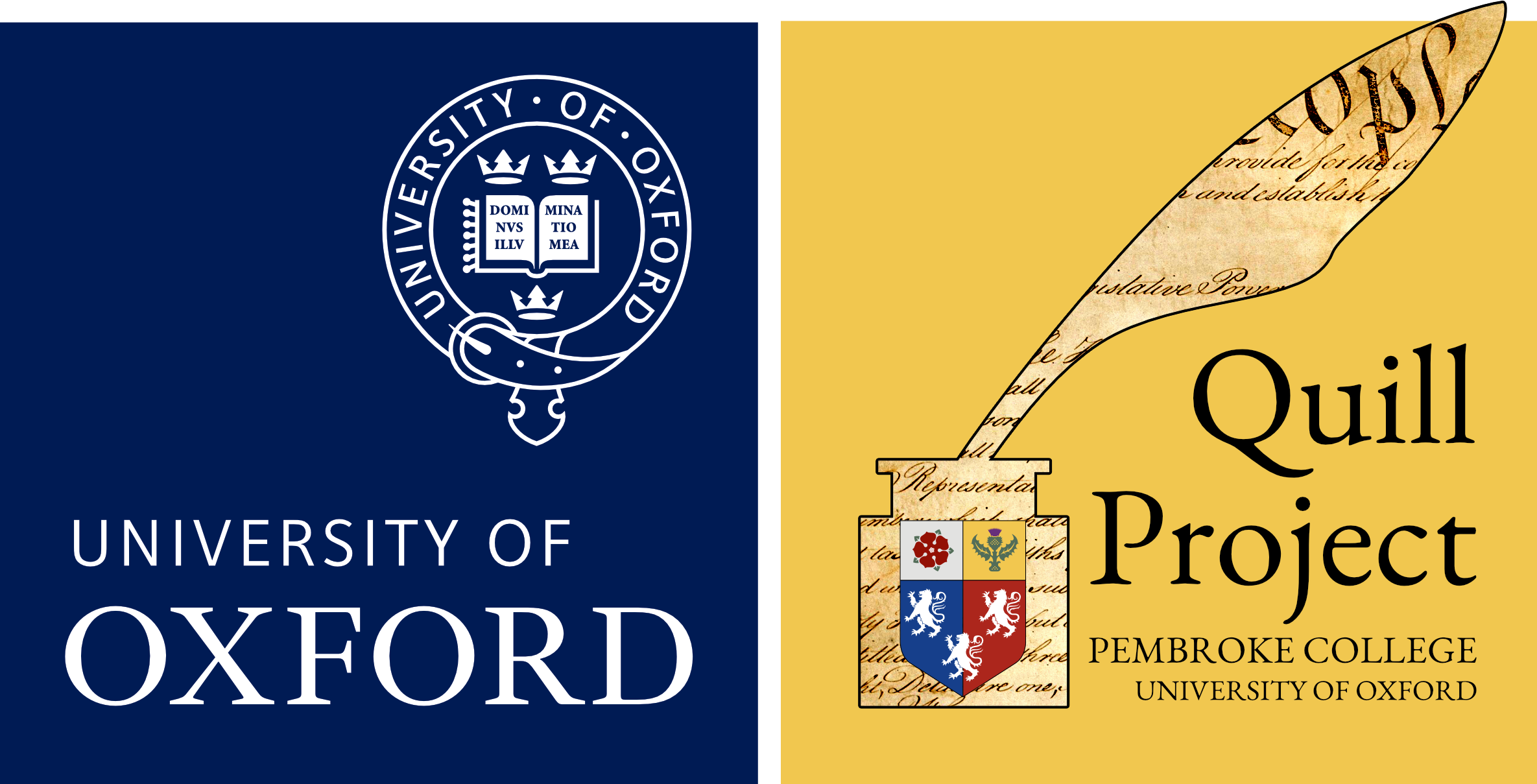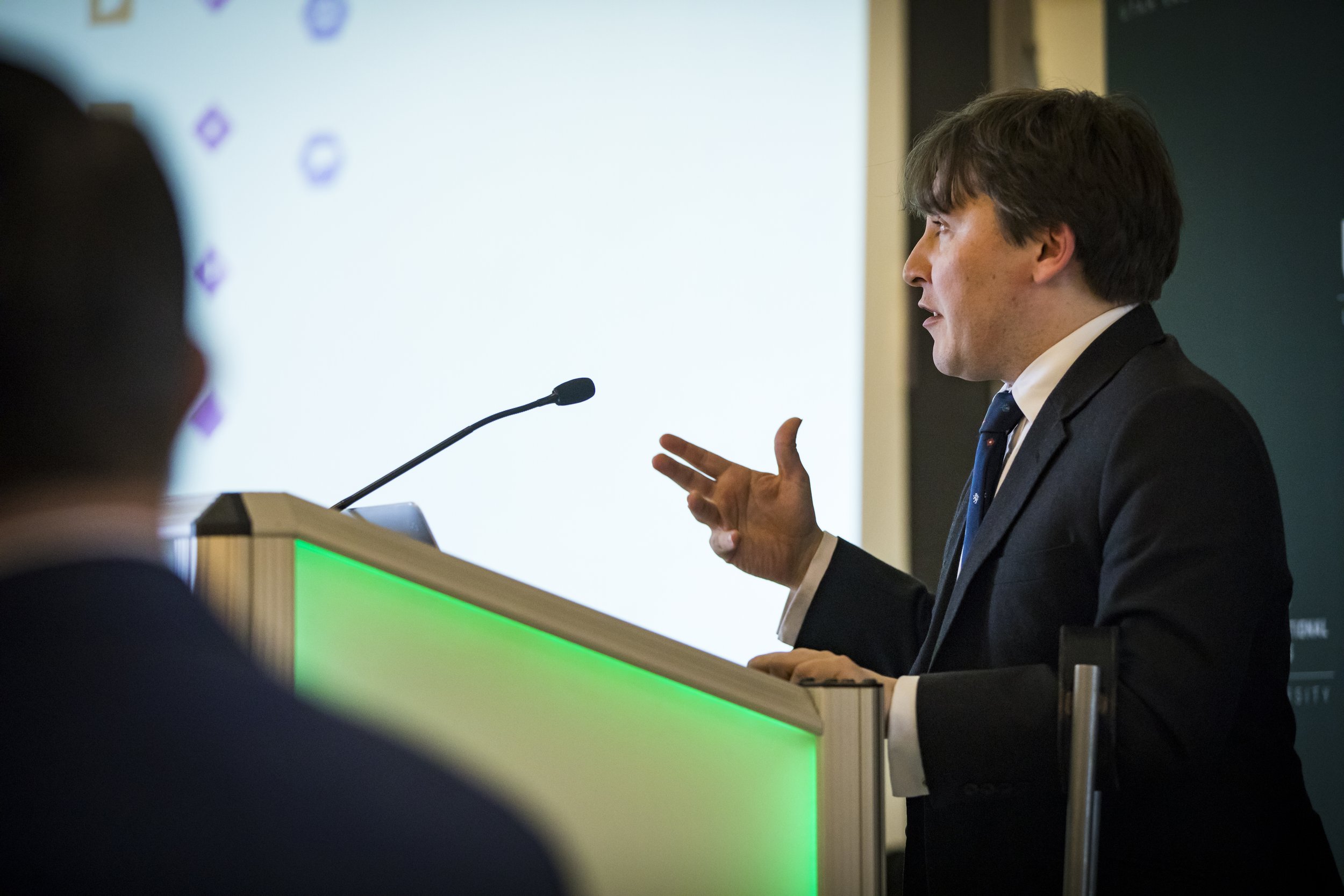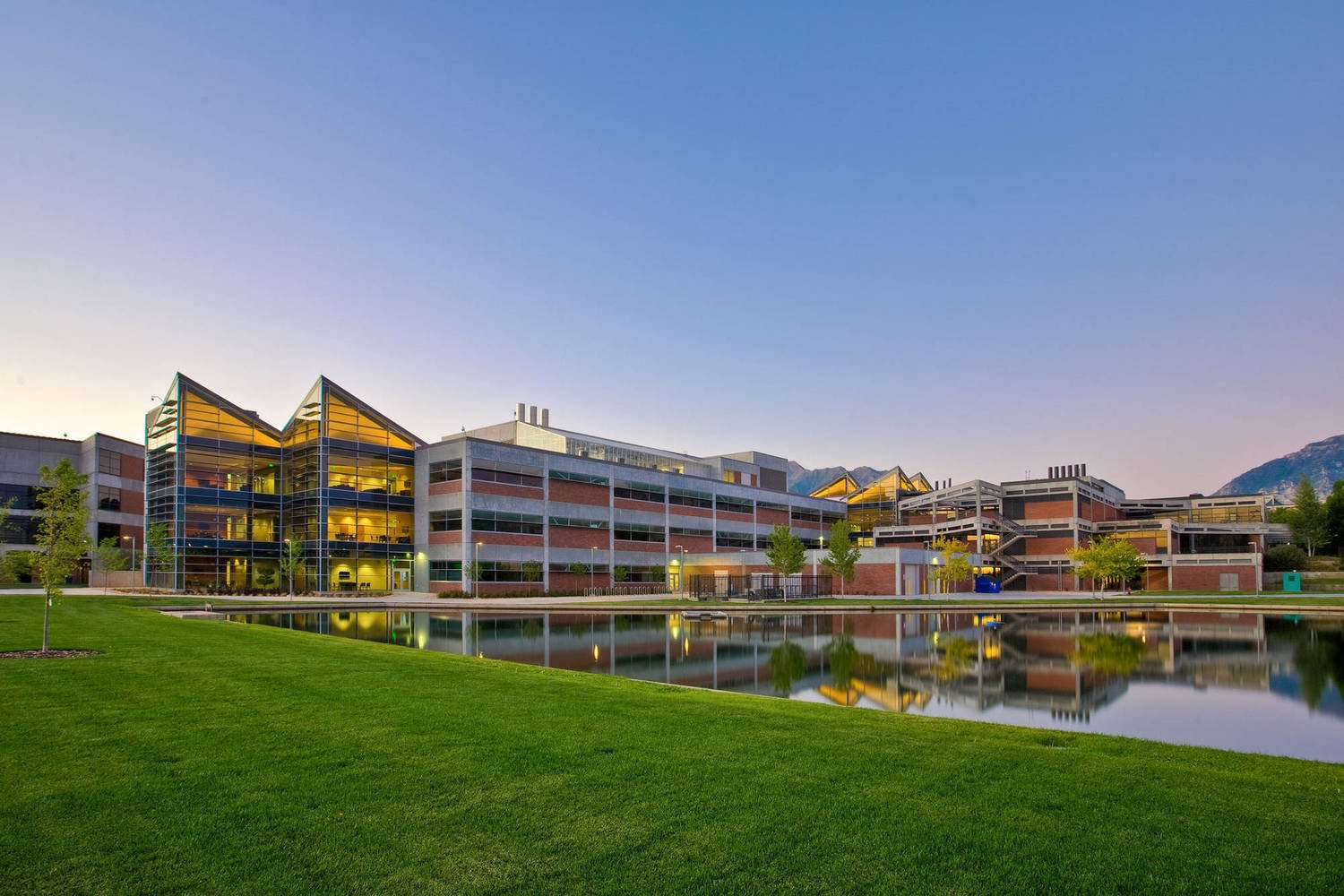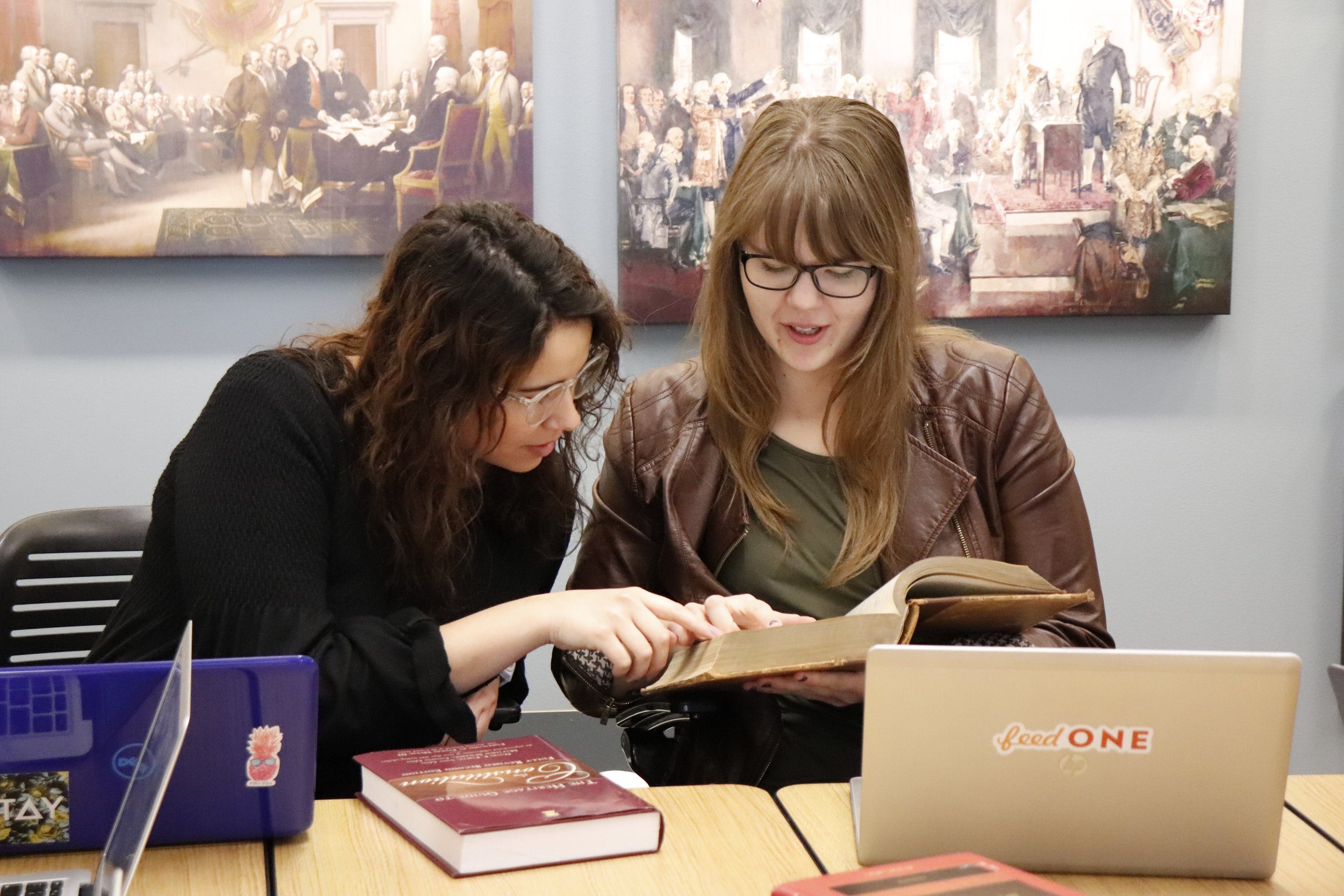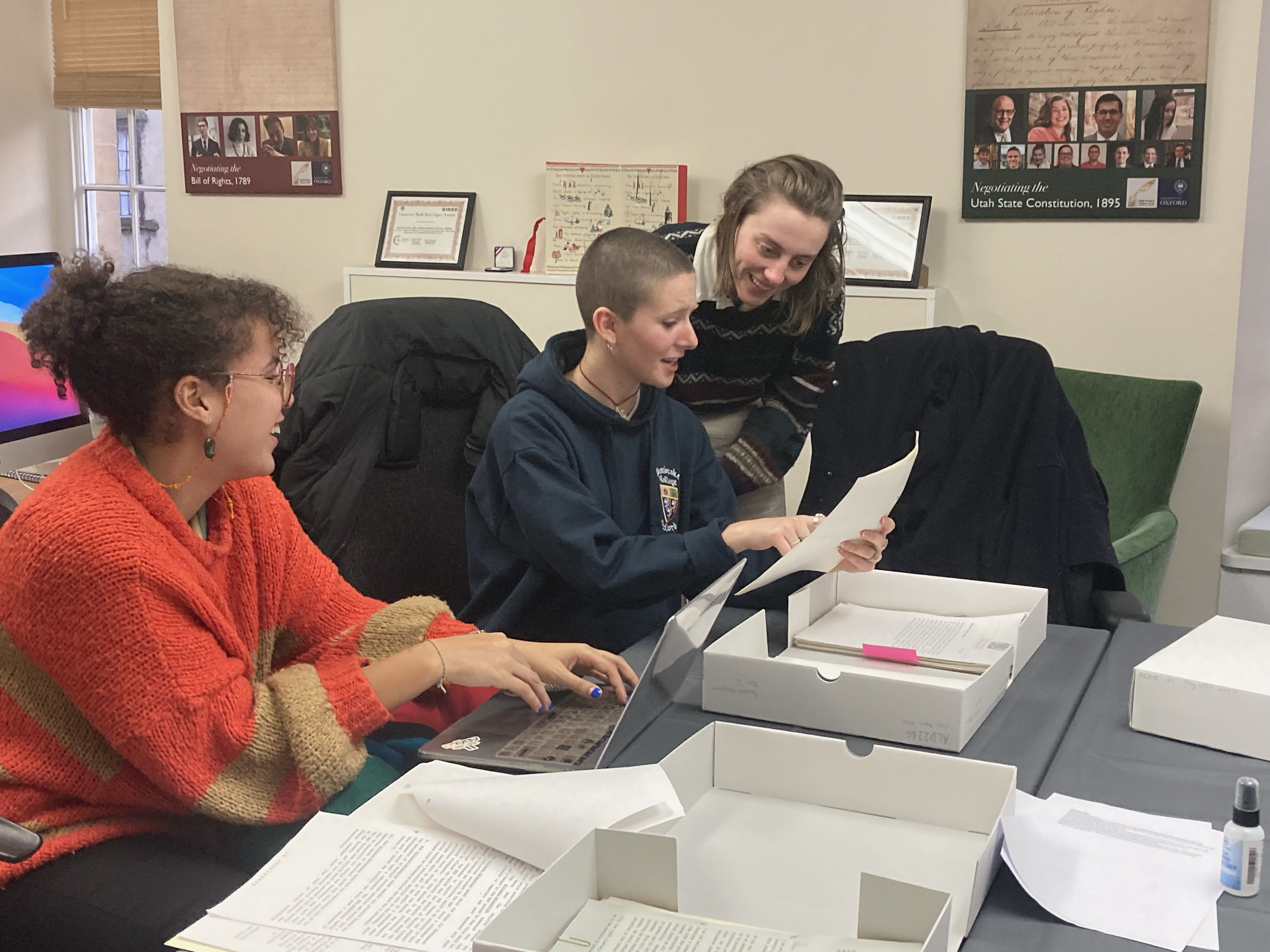The Quill Year in Review
As we approach the end of the year, we are pleased to share with you the following highlights and achievements
The Reconstruction Amendments
In July 2022 we launched a new digital collection charting the creation of the Thirteenth, Fourteenth and Fifteenth Amendments, which ended slavery in the United States and are fundamental to the modern understanding of citizenship and civil rights. The culmination of more than three years hard work in conjunction with students at Utah Valley University (UVU), this project makes archival material available to the public for the first time, and contextualizes the creation of these transformative amendments in ways that will further understanding of them for years to come. We marked the publication with a major academic conference in Oxford at which two UVU students assigned to the project had the opportunity to present.
Judicial Forum
August 2022 saw our inaugural Judicial Forum at Pembroke College, an opportunity to bring together senior US and UK justices to discuss the challenges that courts face globally in an era of populism and challenge to judicial independence. The workshop was a great success, and we intend to build and expand upon it in future years.
K-12 Education
A personal highlight of the year for Nicholas Cole was participation in the UVU Constitutional Literacy Institute, a summer programme for high-school teachers. In order to implement some of the teachers’ suggestions for adapting Quill for the classroom, we have appointed our first UI specialist to focus on making our digital materials more accessible for use in education and by the general public. We look forward to showcasing his work in 2023!
Celebrating Students
With the easing of travel restrictions, Nicholas was able to connect with the UVU undergraduates who had joined the project during the pandemic, and we were excited to host not one but two summer schools at Pembroke: our two-week course on the writing of the 1787 Constitution, along with a new programme focused on Civics. We are proud to be promoting renewed interest in the history of constitutional law, so a particular delight this year was the news that one of our student researchers from UVU is embarking on doctoral studies in the subject at the University of Missouri.
Plans for 2023
Constitution-Writing in the American West
In 2023, we anticipate the publication of our project examining Constitution-writing in the American West, funded by the National Endowment for the Humanities, and culminating with conferences in Oxford and Utah. Renewing Interest in Constitutional Law After decades of neglect, there is a new interest in the history of constitutional law, and for the first time a proper focus on US state constitutional law. Our priorities in the coming years will be work on two major projects:
• The Fifty in Ten project will work to put online comprehensive collections charting the negotiation of the current constitution of each of the fifty states. We have been able to make a start on this effort thanks to the generous funding of the NEH and others, but there are 43 states left to go!
• The First Fifteen project will chart the creation of America’s first fifteen state constitutions. These documents and the interpretation of them are important as the Supreme Court increasingly looks to the Founding Era when interpreting the 1787 Constitution and the Bill of Rights.
Giving to Quill
We are extremely grateful to all of those who have made philanthropic donations to the Quill Project, without which our work this year would not have been possible. To help us to build on our successes and continue to have impact through our innovative work, such as the projects outlined above and adapting Quill for use in schools, we would be honoured if you would consider donating through the Pembroke Foundation of North America, pcfna.org.
